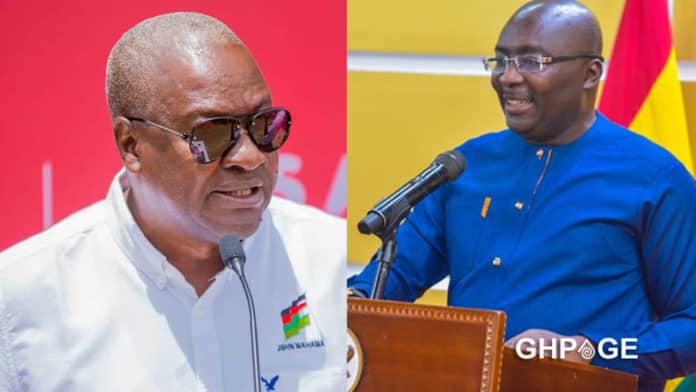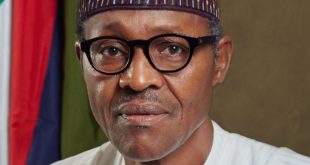
Ghana has been ranked seventh in the world for having the most educated politicians, according to a recent report published by *The Economist*. The report, based on studies conducted between 2015 and 2023, assessed the educational qualifications of legislators from 56 countries with populations exceeding two million.
Ukraine topped the rankings, followed by Poland and the Czech Republic in second and third positions, respectively. Taiwan and South Korea secured the fourth and fifth spots, while the United States ranked sixth. Ghana, the highest-ranked African nation, was seventh, with Slovenia following in eighth place.
The comprehensive study gathered biographical data on nearly 20,000 parliamentarians from 97 countries. It revealed that, on average, 78% of lawmakers globally held at least a bachelor’s degree, and 40% had postgraduate qualifications. These statistics far exceed the educational levels of the general population, where only 35% in wealthy countries and 15% in poorer countries attain tertiary education.
The study highlighted that countries like Ukraine boast a significant number of legislators with postgraduate degrees, including a quarter holding doctorates. In contrast, nations like Italy, Norway, and the UK have higher proportions of parliamentarians with only secondary education.
A second study conducted in 2023 examined 6,000 legislators from 30 countries. It noted regional differences in the educational backgrounds of politicians. For instance:
– Law graduates dominate legislatures in North and Latin America.
– Social sciences, including economics, are more common in Nordic countries.
– The UK features a large number of parliamentarians with degrees in arts and humanities.
While the findings underscore a trend toward higher academic credentials among politicians, they also raise questions about its impact on governance. Studies in the U.S. and Spain have shown no significant correlation between educational qualifications and legislative performance, economic management, or electoral success.
Moreover, as legislatures become more elite, concerns grow about their ability to reflect the diversity of the populations they represent. The trend toward more highly educated politicians may alienate voters who feel disconnected from their leaders, potentially reducing voter turnout.
Ghana’s position as the seventh most educated political class globally highlights the nation’s emphasis on education in governance. However, it also prompts a broader discussion on the balance between educational attainment and effective representation in democratic systems.
 GhArticles.com Every News in Detail
GhArticles.com Every News in Detail



